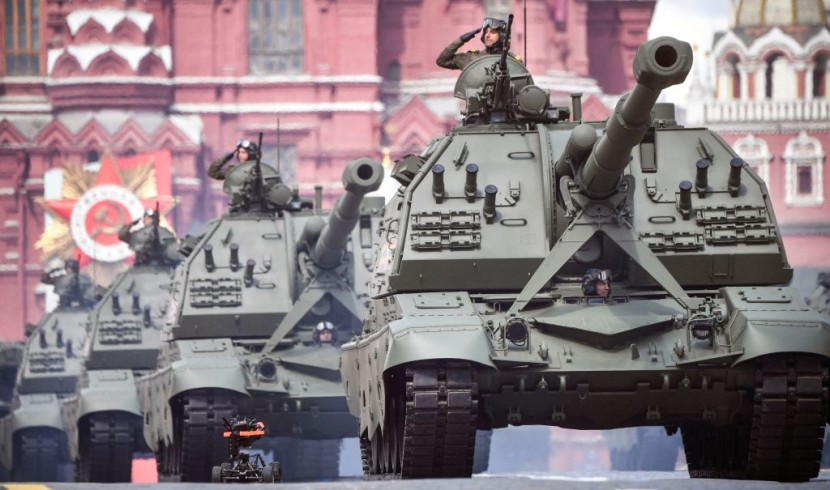
Finland's authorities said today that they favor the country's immediate membership in NATO. In the following days, Sweden is anticipated to declare its decision to join the alliance.
Our top diplomatic writer in Europe, Steven Erlanger, says that the potential of two militarily nonaligned Nordic countries joining NATO underscores how Russia's conflict has heightened security worries in Europe and compelled governments to take sides.
Russia Says Finland Joining NATO is a Threat
It's also a case study of how President Vladimir Putin's military plans backfired. Rather than weakening NATO, Russian President Vladimir Putin has brought the alliance together and sparked a new expansion on Russia's borders.
Finland is poised to begin parliamentary discussion and voting on Monday, kicking off a year-long process. Since Russia's invasion, public opinion in Finland has altered dramatically: roughly 80% of Finns now support NATO membership, up from 20% six months ago.
While their applications are being processed, Finland and Sweden may be susceptible to Russia. In an attempt to close the gap, Britain inked new security pacts with both nations yesterday.
The Russian Foreign Ministry warned that if Finland joined NATO, Moscow would be compelled to take military-technical and other punitive measures but gave no specifics. The Kremlin stated that Finland's membership in NATO constituted a clear danger to Russia's security and that it was ready to balance the situation to preserve Russia's safety.
Russian officials have proposed deploying nuclear-armed missiles in the Baltic Sea in the past. However, Finland's president, Sauli Niinisto, dismissed claims that joining NATO would be a provocation and blamed Putin, New York Times reported.
Finland is largely expected to join the alliance shortly once discussions begin, as it has been purchasing military gear compatible with its Western friends, particularly the United States, for decades and already fits many of the membership criteria.
For Russia and the Western alliance, Finland joining NATO would have both practical and symbolic implications. Finland has remained militarily nonaligned and ostensibly neutral since the end of WWII to avoid offending Russia. It has occasionally accommodated the Kremlin's security concerns while attempting to preserve strong trade relations.
However, the conflict in Ukraine has shifted the equation enough that joining NATO now appears to be the wisest option, regardless of Russia's reaction. According to European defense officials who spoke to CNN in recent months, NATO members would provide certain security guarantees to Finland throughout the accession process in case Russia retaliates before it formally joins.
Boris Johnson, the British Prime Minister, unveiled new security pacts with Finland and Sweden on Wednesday, promising to help any nation if it was attacked.
Finland has a history of strong defense spending and still has a conscription program, with all adult men subject to military service. Because of how seriously Finland has always taken its security, it is widely agreed among NATO officials that Finland entering the alliance would be a big assist in deterring Russian aggression.
It also shares an 800-mile border with Russia, which is crucial since the Kremlin claimed before invading Ukraine that it wanted NATO to revert to its 1990s borders, according to CNN.
How Russia Could Retaliate Finland
This move may have a punitive effect on Finland's gas supplies from Russia, according to one theory. In Finland, 60 to 70 percent of the gas consumed originates from Russia. On May 5, the Finnish government stated that it was prepared for Russia to restrict its gas supplies in retaliation to Finland's NATO membership.
This is most likely because Russian gas accounts for just around 5% of Finland's overall energy consumption. Their primary energy sources are oil, wood-based biomass, and nuclear electricity. In terms of direct military intervention, observers think it is less possible, given how deeply Russian soldiers are embedded in Ukraine right now.
Many Russian militaries stationed near the Finnish border have been sent to Ukraine. Heli Hautala, a Finnish diplomat and scholar at Washington's Center for a New American Security, said that similar to what happened last year on Poland's border with Belarus, Russia might conduct misinformation campaigns, cyber-attacks, economic counter-moves, and direct migration toward the Russian-Finnish border, as per Express.
Related Article : North Korea Confirms Its First Coronavirus Case Since the Beginning of the Health Crisis








